How Much Can I Borrow Through a Personal Loan?
This calculator helps you estimate the amount you can afford to borrow through a personal loan.
Personal loans have always been a way for consumers to gain quick access to cash that they can use for a variety of purposes. Over the last decade, access to these loans have become easier as they have been marketed more aggressively over TV, radio, print, and the Internet. Most of these personal loans are basically installment loans that offer a fixed interest rate, and require fixed (set) payments over a fixed period of time. Loan amounts can extend up to $100,000 (or beyond), interest rates generally range from 5% to 20%, and repayment terms usually are between 12 and 60 months.
While these loans can be secured by the borrower’s personal property, most of these loans are unsecured loans.
Borrowers typically take out these loans to either consolidate existing debt, or pay for expenses that were not budgeted for in advance. These expenses can be virtually anything, including taxes, education, home repair and improvements, moving costs, and life events like weddings or funerals.
In the correct circumstances, personal loans can offer positive benefits to borrowers. Some of the positives regarding personal loans include:
Flexibility of use – there are usually no restrictions on how these can be used
Timely access to cash – these loans are typically funded muck quicker than other types of loans
Less expensive than credit cards – generally, they offer lower interest rates than using your credit card
Minimal documentation and paperwork
However, there are circumstances where these personal loans are not a good option:
Interest rates are, in large part, dependent on your credit rating. If you have a low credit score, your interest rate could be very high.
Borrowers will usually need to pay fees.
Borrowers must make full payments on each installment; partial payments are typically not allowed.
Many have espoused a rule of thumb that personal loans should only be used to extinguish higher interest rate debt, or to respond to unexpected expenses if no other, less expensive options exist. They recommend against using personal loans to extend or increase current debt balances.
The link below will take you to a Personal Loan Calculator that can help determine how much you can borrow, and what the total cost will be. While this will provide some general direction, it is always wise to seek advice from a professional financial advisor to make a final decision as to which is the best option for you.
QUESTIONS & ANSWERS - COMPLIMENTS OF CONSUMER FINANCIAL PROTECTION BUREAU (CLICK FOR ANSWERS)
What is a credit card interest rate? What does APR mean?
What is the difference between a fixed APR and a variable APR?
How can I safely consolidate my credit card debt?
What should I do if I can’t pay my credit card bills?
What is a "daily periodic rate?
I can’t figure out how they calculated the amount of interest I owe. How does that work?
I noticed that the interest rate on my card went up last month without any notice. Can they do that?
